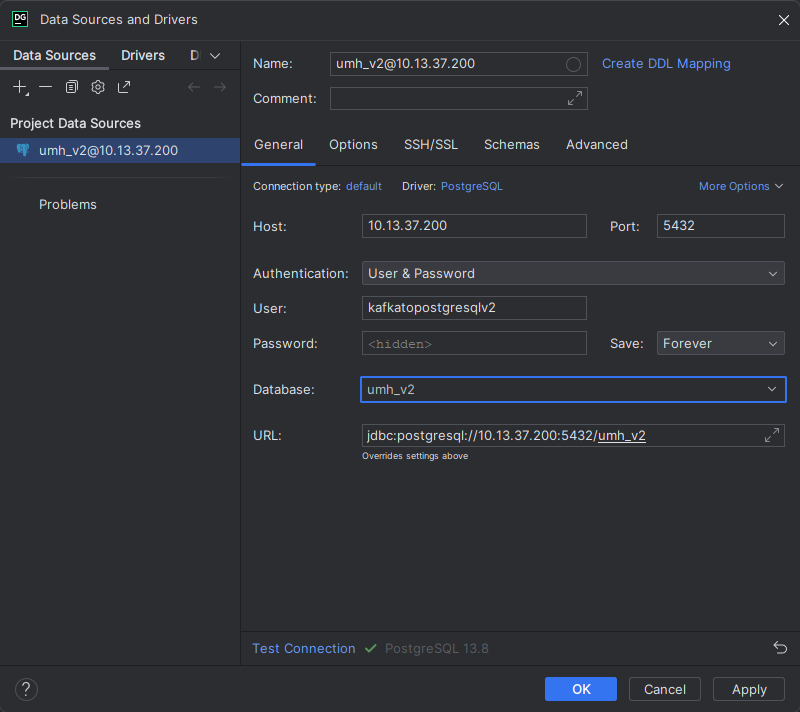Custom PostgreSQL Functions
get_asset_id_immutable
This function is an optimized version of get_asset_id that is defined as immutable.
It is the fastest of the three functions and should be used for all queries, except when you plan to manually modify values inside the asset table.
Example:
SELECT * FROM tag WHERE get_asset_id_immutable(
'<enterprise>',
'<site>',
'<area>',
'<line>',
'<workcell>',
'<origin_id>'
) LIMIT 1;
get_asset_id_stable
This function is an optimized version of get_asset_id that is defined as stable.
It is a good choice over get_asset_id for all queries.
Example:
SELECT * FROM tag WHERE get_asset_id_stable(
'<enterprise>',
'<site>',
'<area>',
'<line>',
'<workcell>',
'<origin_id>'
) LIMIT 1;
[Legacy] get_asset_id
This function returns the id of the given asset. It takes a variable number of arguments, where only the first (enterprise) is mandatory. This function is only kept for compatibility reasons and should not be used in new queries, see get_asset_id_stable or get_asset_id_immutable instead.
Example:
SELECT * FROM tag WHERE get_asset_id(
'<enterprise>',
'<site>',
'<area>',
'<line>',
'<workcell>',
'<origin_id>'
) LIMIT 1;
get_asset_ids_stable
This function is an optimized version of get_asset_ids that is defined as stable.
It is a good choice over get_asset_ids for all queries.
Example:
SELECT * FROM tag WHERE get_asset_ids_stable(
'<enterprise>',
'<site>',
'<area>',
'<line>',
'<workcell>',
'<origin_id>'
) LIMIT 1;
get_asset_ids_immutable
There is no immutable version of get_asset_ids, as the returned values will probably change over time.
[Legacy] get_asset_ids
This function returns the ids of the given assets. It takes a variable number of arguments, where only the first (enterprise) is mandatory. It is only kept for compatibility reasons and should not be used in new queries, see get_asset_ids_stable instead.
Example:
SELECT * FROM tag WHERE get_asset_ids(
'<enterprise>',
'<site>',
'<area>',
'<line>',
'<workcell>',
'<origin_id>'
) LIMIT 1;
